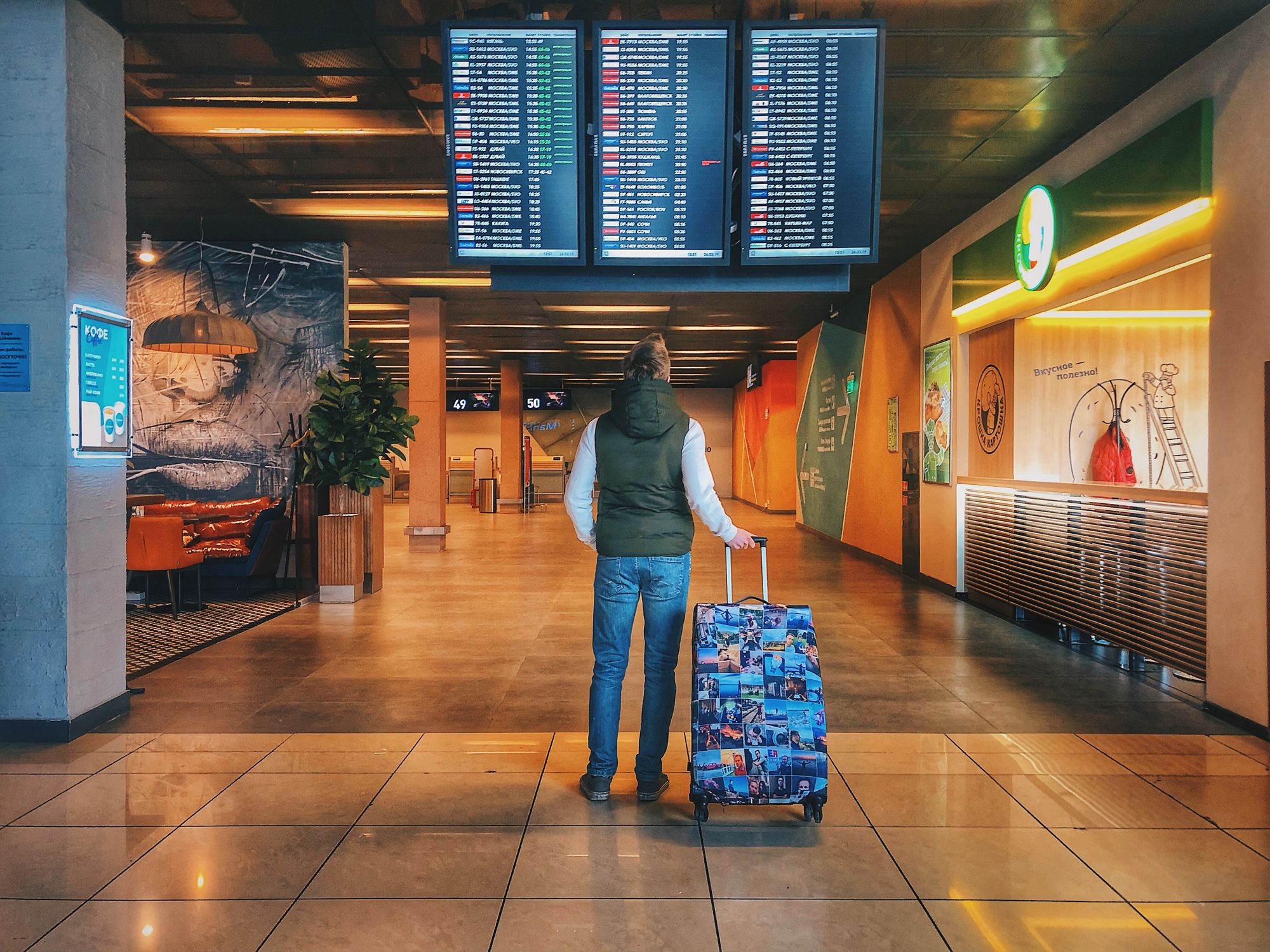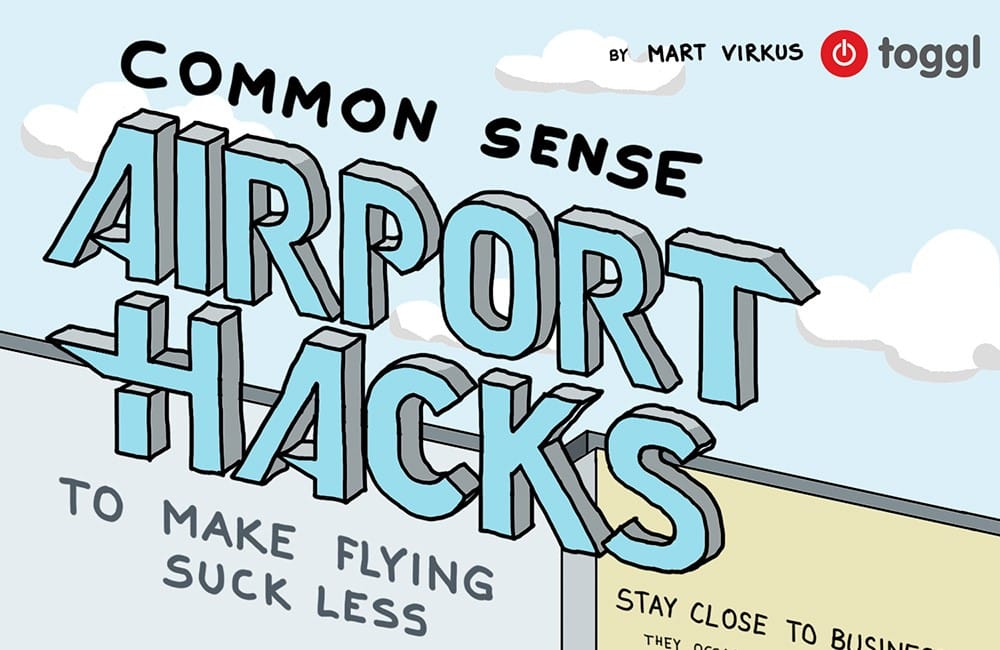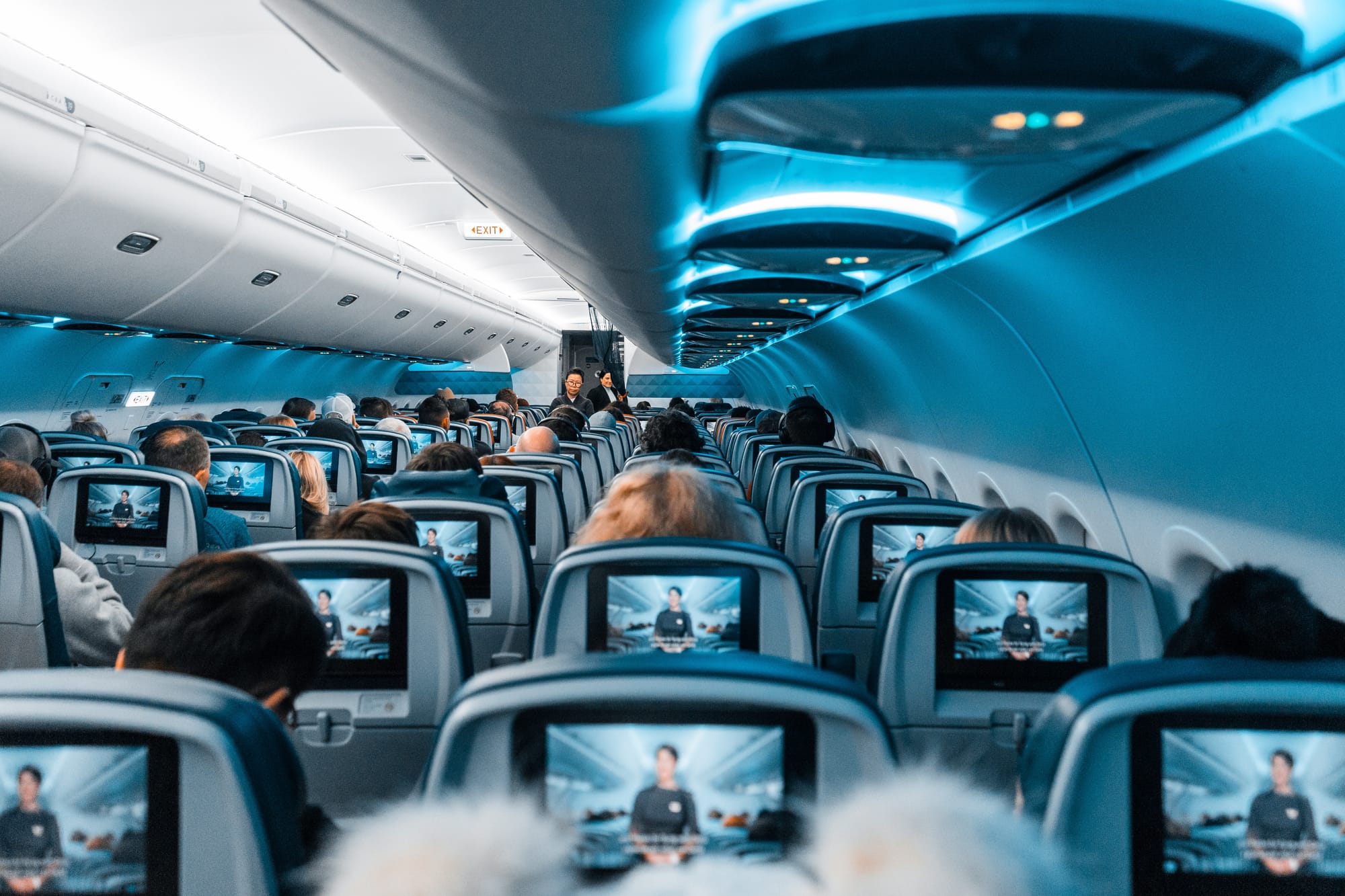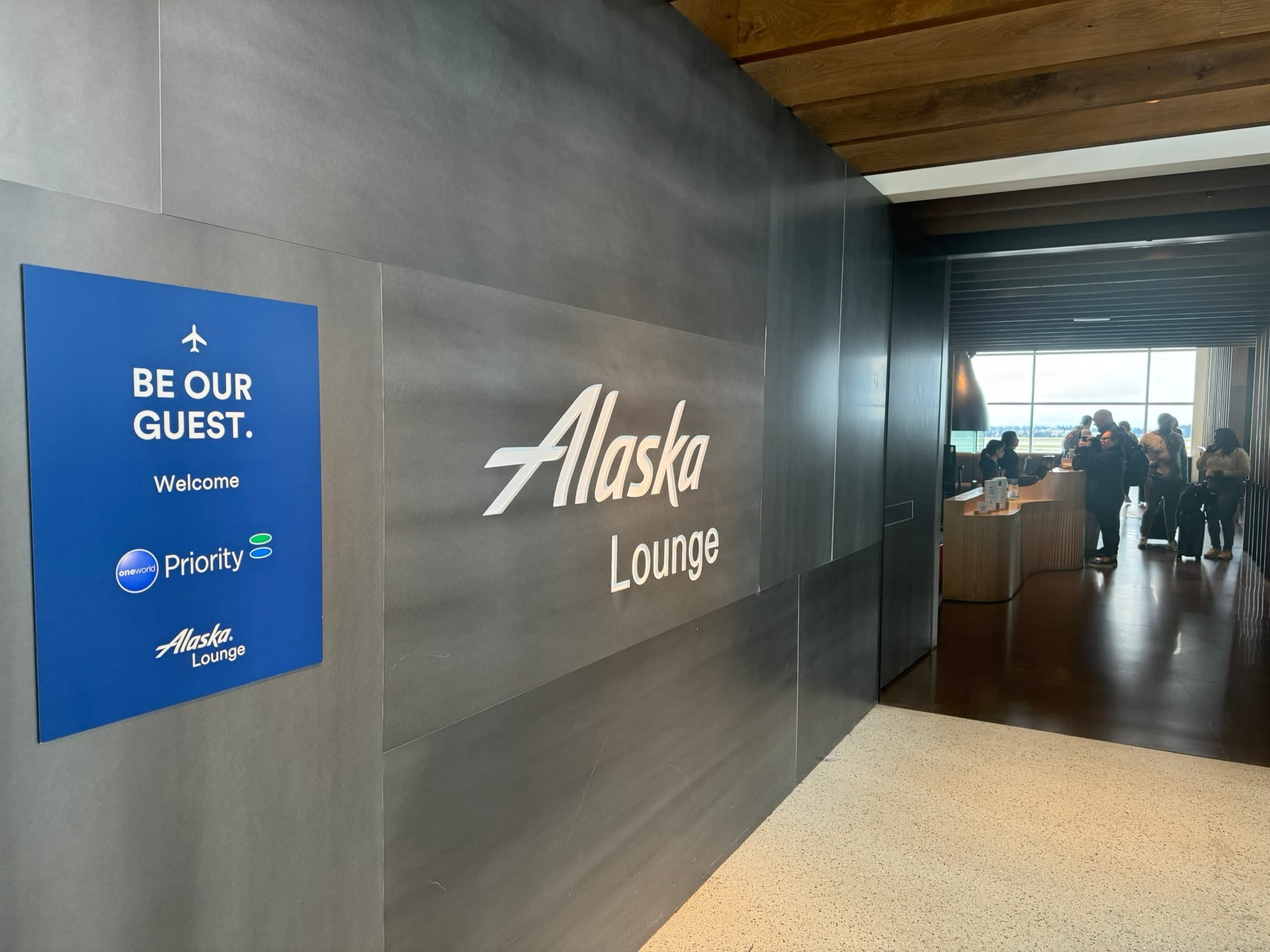In the world of travel, cost-saving strategies are always in high demand. One such practice that has gained attention is skiplagging, a controversial airfare hack. However, while it might seem like an ingenious way to save money, skiplagging carries significant risks and potential consequences. We will delve into what skiplagging is, its pros and cons, and why it's generally considered a risky and ill-advised practice.
What is Skiplagging?
"Skiplagging," also known as "hidden city ticketing" or "throwaway ticketing," is a practice employed by some travelers to reduce their airfare costs. It involves booking a multi-stop flight with the intention of exiting at the layover city, effectively skipping the subsequent legs of the journey.
The logic behind skiplagging lies in the sometimes counterintuitive way airlines price their flights. Direct flights to popular destinations are often more expensive than flights to less popular ones, even if the latter involves a stopover at the former. By exploiting this pricing anomaly, skiplagging can, under certain circumstances, result in significant savings.
How Skiplagging Works
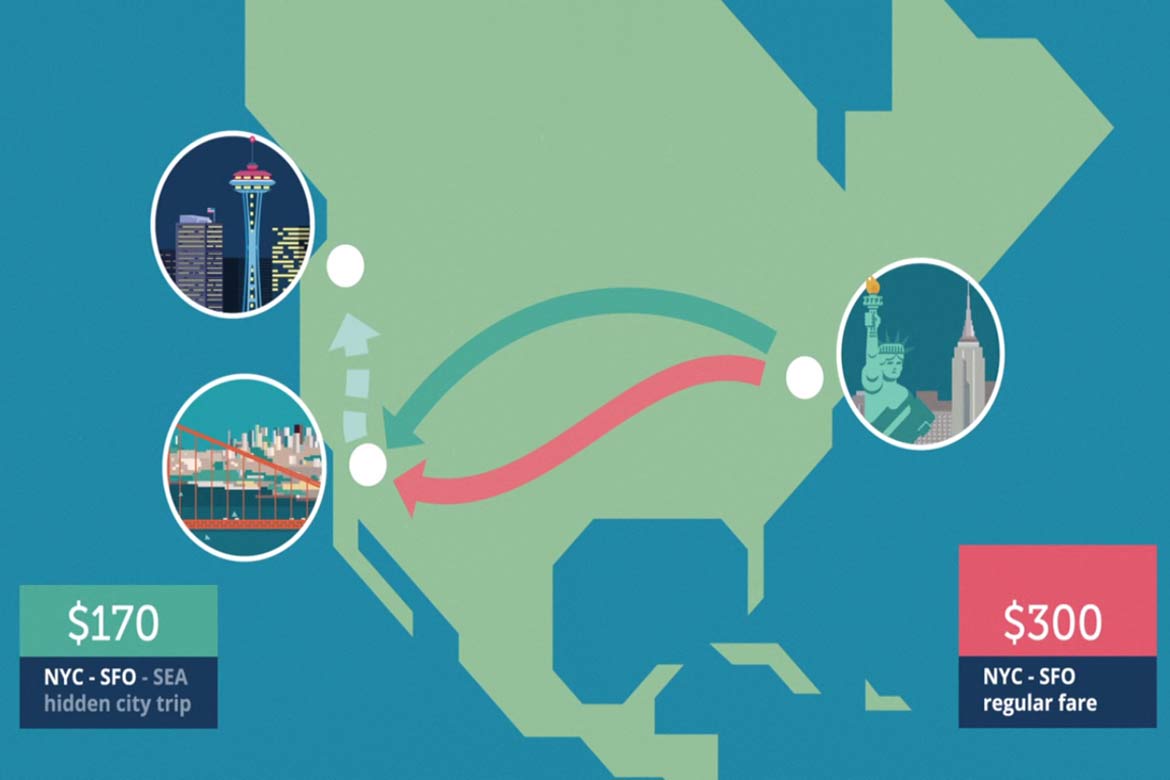
To illustrate how skiplagging works, let's take a hypothetical example. Suppose a traveler wants to fly from New York to Miami. The direct flight might be priced at $300. However, a flight from New York to Atlanta with a layover in Miami might be priced at $200.
In this case, the skiplagger would book the flight to Atlanta but disembark at Miami, leaving their seat empty for the Miami-Atlanta leg of the journey. The key here is that the traveler's actual destination is the layover city (Miami in this case), which is typically cheaper than booking a direct flight to that city.
However, it's worth noting that skiplagging is only practical for one-way trips. This is because airlines will often automatically cancel the remaining segments of an itinerary if a passenger fails to board a flight.
Why Airlines Disapprove of Skiplagging
Airlines generally frown upon skiplagging and consider it a violation of their terms and conditions. The main reason is that it disrupts their revenue model. When a passenger skips a flight segment, the airline loses the opportunity to sell that seat to another customer.
Additionally, skiplagging can cause operational complications. For instance, if a passenger checks in baggage for a trip they don't complete, the airline will have to go through the trouble of unloading and handling the unclaimed luggage.
Legal Status of Skiplagging

Despite its controversial nature, skiplagging is not illegal. However, it does violate most airlines' policies. If caught, the airlines can enforce penalties as outlined in their conditions of carriage. These could include canceling the remaining parts of the traveler's itinerary, charging for the actual cost of the journey, or even banning the traveler from future flights.
In some cases, airlines have even gone to court over skiplagging. For instance, in 2014, United Airlines and Orbitz filed a lawsuit against the founder of Skiplagged.com, a website that helps travelers find skiplagging opportunities. However, the lawsuit was eventually dismissed, and the website continues to operate.
Consequences of Skiplagging
While skiplagging might seem like an attractive way to save money, it's important to consider the potential consequences.
If caught skiplagging, airlines can enforce a range of penalties. These can include canceling the rest of your itinerary, charging you the difference between the fare you paid and the fare for the actual journey you made, and banning you from future flights. Some airlines may even revoke your frequent flyer miles or elite status.
Logistical Issues
Skiplagging also carries several practical challenges. For one, it's only feasible if you're traveling with carry-on luggage since checked baggage will be sent to the final destination on your ticket. Secondly, if your flight is rerouted due to weather or other issues, you might end up in a city you never intended to visit.
Though not illegal, skiplagging can potentially land you in legal trouble. Airlines have sued passengers over skiplagging in the past, and while these cases have often resulted in favor of the passengers, they can nonetheless be costly and time-consuming.
Is Skiplagging Worth It?

Given the potential consequences and risks, it's generally advised against skiplagging. While it might save you money in the short term, the long-term risks far outweigh the benefits. There are plenty of other, less risky ways to save money on flights, such as being flexible with your travel dates, booking in advance, and using airline rewards programs.
Final Thoughts
While skiplagging might seem like a clever hack, it's a risky practice that can have steep consequences. It's always best to abide by the terms and conditions set by airlines when booking your flights. After all, the ultimate goal of travel should be to enjoy the journey, not to worry about the potential repercussions of trying to outsmart the system.



